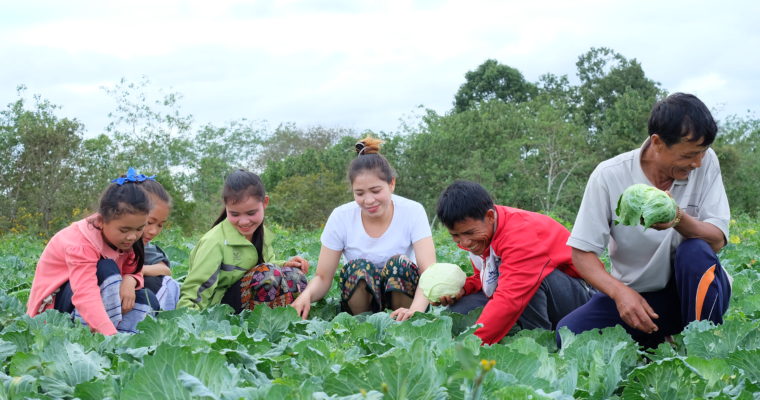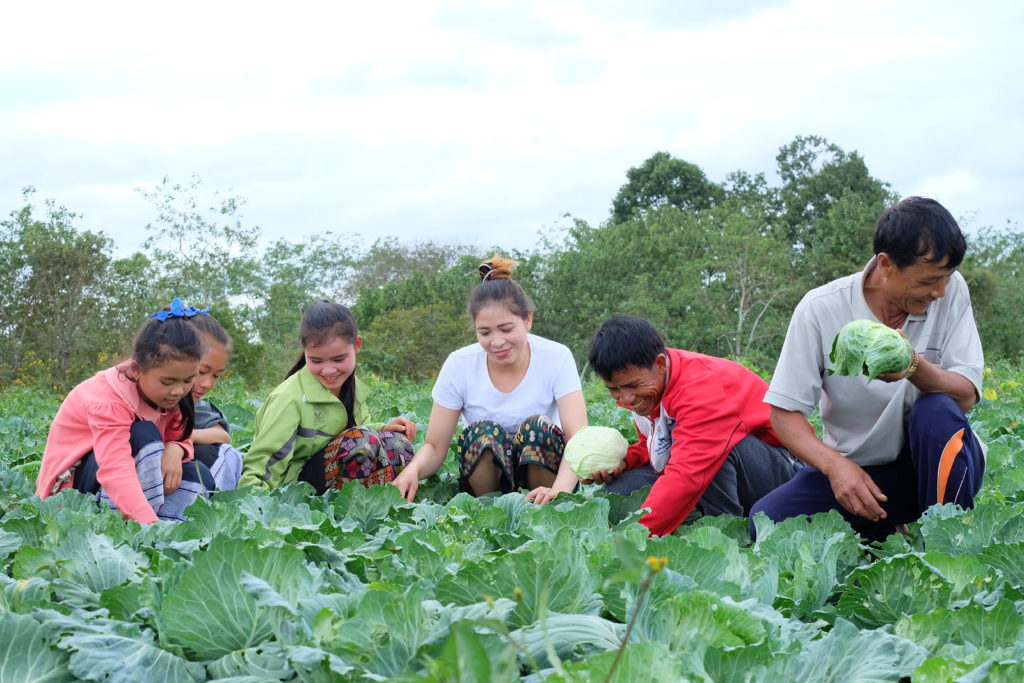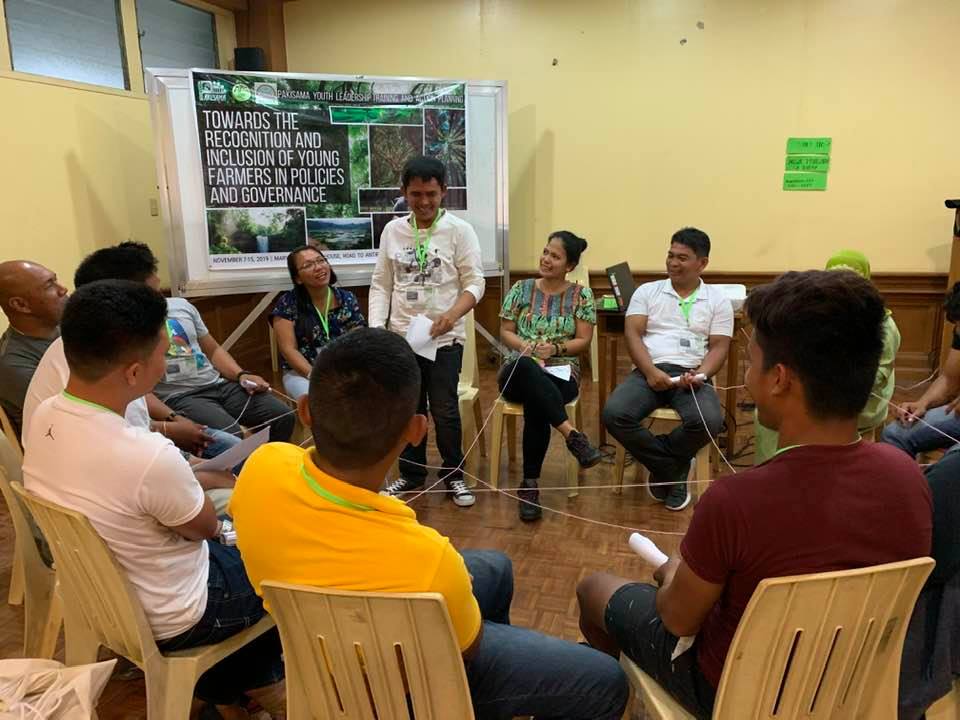Young Women and Men Farmers for Sustainable, Resilient, and Gender-Sensitive Agri-Forest Based Livelihoods
With the rapid increase of population in the Asian region comes the rising demand for food. The Asian Development Bank projects that the agriculture sector needs to produce 60% more food globally by 2050, with developing countries requiring a 100% increase in production. This comes amid competing demands for water and other natural resources, as well as the continued aging of the farming profession. Despite the high proportion of young people in the Asia-Pacific region, the average age of farmers remains high—54 years old for Thailand, 57 years old for the Philippines, and 66 years old for Japan. This is a result of the convergence of several factors—from the lack of access to land, capital, and other resources to the low regard for farming. In particular, many young people migrate to cities and other urban areas to seek better opportunities not only for themselves but also for their families.
How are we then going to attract youth to farming?
The Asian Farmers Association for Sustainable Rural Development (AFA) looks at capacity-building and leadership development as the first step towards reversing the ‘graying’ of the agricultural sector. Through the support of the Forest and Farm Facility (FFF) of the Food and Agriculture Organization (FAO), the organization launched the “Young Women and Men Farmers for Sustainable, Resilient, and Gender-Sensitive Agri-Forest Based Livelihoods” project which aims to strengthen the voice and the advocacy capacities of young women and men farmer leaders of forest and farm producer organizations in (FFPOs) in 10 countries in the region. The project includes the establishment of Young Farmers Committees within the FFPOs, and the development and promotion of Young Farmers action plan to advocate for sustainable, resilient, and gender-sensitive agri-forest-based livelihoods within the framework of the UN Decade on Family Farming (UNDFF). More importantly, young farmer leaders are provided an avenue to organize themselves, learn from each other’s experiences, participate in decision-making and policy-formulation processes at the country level, and in regional exchanges and knowledge management activities at both country and regional levels. These lead to a greater sense of ownership of policies and progress among young farmers, ensuring that their voices are heard not only in their respective FFPOs but also at the country and regional level.
National-level leadership and advocacy trainings are currently underway, facilitated by Aliansi Petani Indonesia (API) for Indonesia, Central Tea Cooperative Foundation (CTCF), and National Land Rights Forum (NLRF) for Nepal, Farmer and Nature Net (FNN) and Farmer and Water Net (FWN) for Cambodia, Laos Farmer Network (LFN) for Laos, Vietnam Farmer’s Union (VNFU) for Vietnam, National Union of the Water Users Association (NUWUA) for Kyrgyzstan, and Self Employed Women’s Association (SEWA) for India. Three organizations, Pambansang Kilusan ng mga Samahang Magsasaka (PAKISAMA) for the Philippines, National Association of Mongolian Agricultural Cooperatives (NAMAC) for Mongolia, and the Agricultural and Farmer Federation of Myanmar (AFFM) for Myanmar have successfully conducted their trainings and developed their young farmers’ action plans. These action plans include strategies to increase the constituency of young women and men farmers; promote climate-resilient technologies in agriculture, fishery, and forestry; influence government policies to increase and incentivize youth participation in agriculture; and facilitate young women and men farmers’ access to land, capital, and resources.
A regional exchange and knowledge management fair participated by the Young Farmers Committees from the 10 countries is scheduled on October 2 and 3, 2020.






Comments are closed